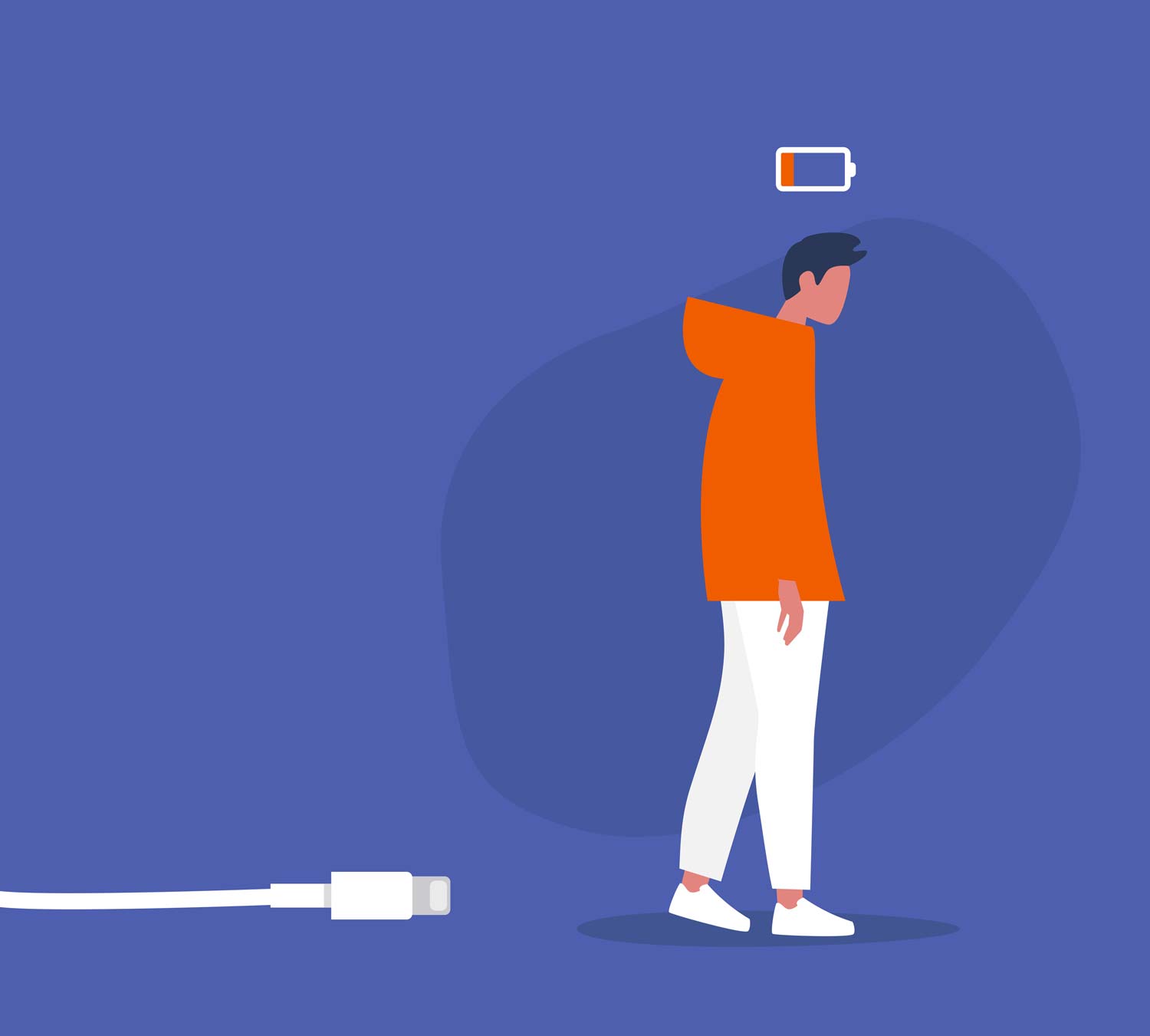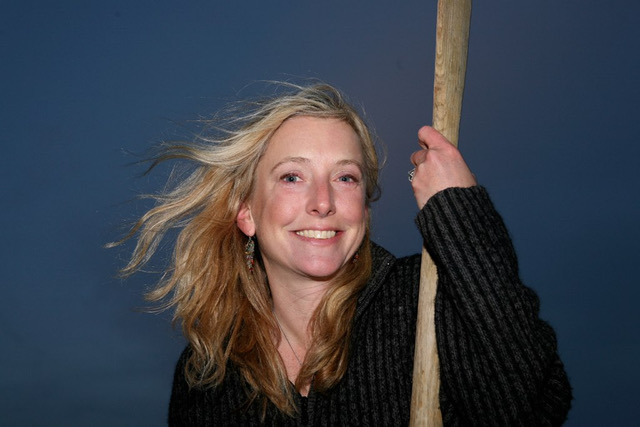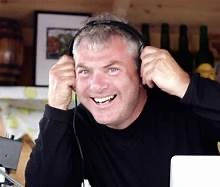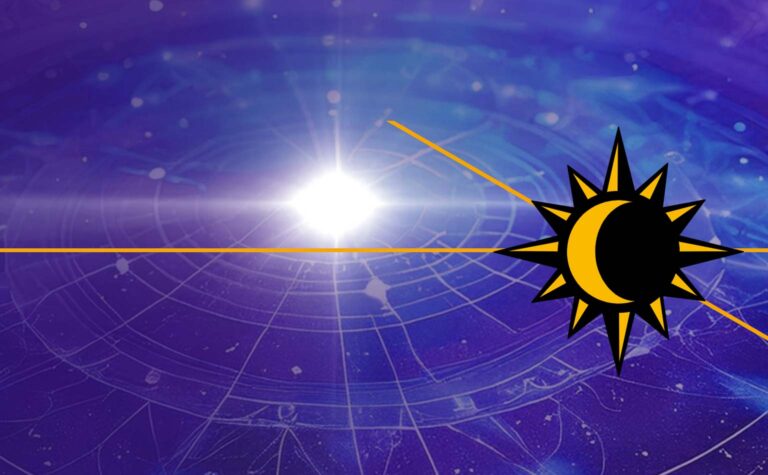More than a few people have been telling me that it feels as if they are dragging themselves through their day. These are not people who are particularly stressed or ill or having to cope with a Covid-induced family crisis. These are people who are just plain exhausted all the time and can’t make sense of it.

It’s essential not to under-estimate the impact that change can have on us both personally and collectively. The financial and emotional fallout across the globe from the Covid pandemic is terrifying enough, but this is set against the backdrop of climate change and the threat to human survival. It’s a lot to take on board and all of us are learning to deal with it in our own way.
However, most of us have little idea of how these events are triggering traumatic reactions which affect the way we can manage what’s going on. Those of us who have developed inner resilience will fare better than those who are sitting on unprocessed trauma, sometimes stretching back into childhood. Unprocessed trauma makes us feel much more vulnerable and exposed and therefore less able to deal with difficulties.
Survival is a primitive instinct
Irrespective of our coping mechanisms, survival is a primitive instinct for us all. The overriding priority of our survival instinct is to keep us safe and alive – so it generates behaviour that helps us to do that.
When we perceive a threat, alarm signals by-pass any logical thoughts or reasoning (located in the left frontal cortex), and travel like an arrow to our limbic system (our survival centre), where we instinctively react through flight, fight or freeze actions. For example, in a nanosecond our unconscious assesses if we have adequate strength and space to flee. If we have no time to flee, but we have adequate strength to defend ourselves, we fight. But if our unconscious assesses we have neither time nor strength for flight or fight, we freeze.
A 2017 study by French scientists reports that it takes a mere 200 milliseconds to register and respond to signals of threat coming from our five senses, so it’s important to understand that we have no conscious control over our survival instincts.
Whether we are retreating, fighting or numbing out, these are all – consciously or unconsciously – acts of self-protection, which take considerable energy to sustain. This is one reason why so many people are complaining of exhaustion. The desire to sleep is also a signal deep within our subconscious to create space to process what’s going on through the various states of sleep.
The difficulty to switch off
There is another factor to take into consideration. Clinical trauma recovery includes addressing what may be triggering our traumatic reactions and finding ways to reduce our anxiety levels. However, we are living in a high-tech world which bombards us from every direction with media stories that fuel our fear and anxiety. If we are not careful, these powerful emotions can develop into Posttraumatic Stress Symptoms, which impacts what Swiss psychologist Carl Jung described as the collective unconscious.
The Collective and trauma
A recent collaborative research study by The Institute of Noetic Science suggests that shifts in collective consciousness occur when many people pay attention to the same thing. This may influence other people’s awareness, behaviour, and perhaps even aspects of physical reality itself. American trauma specialist, Danielle Render Turmaud reports on the importance of recognising collective trauma, and how this can help us to honour our experiences and extend empathy towards each other, while Jungian psychologist Anja Stadelmann Wright, author of Neurotic Is the New Sane: staying grounded in a hyperconnected world encourage us all in these turbulent times to pay attention to what we may be manifesting as a whole, and to question what this is telling us about our society and the world we live in.
This is why, seemingly out of nowhere, people are experiencing traumatic symptoms such as intrusive nightmares about climate change or avoiding the reality of what’s going on by continually spacing out or experiencing hyperarousal through poor sleeping or panic attacks. These are enormous concerns, with no concrete answers. I don’t like using cliches, but we are indeed living through unprecedented times, and none of us really know how to deal with it.
This also makes me wonder on the collective level, whether our survival instincts are playing out at the moment in the way that some of us are escaping to remote settings and even buying islands, while others are taking to the streets, fighting against the establishment. Others again, are staying put but finding ways to numb out from the reality of what’s going on. Over-sleeping, playing endless video games and watching wall-to-wall television are three ways to do this.
Facing the mess we’re in
Eco philosophers Joanna Macy and Christopher Johnstone, co-authors of Active Hope: how to face the mess we’re in without going crazy, write about the importance of coming together at this time to talk and listen to each other. They also suggest that we need to become more conscious and wiser around how we react individually and collectively to the inevitability of the changes that are happening to our world. For example:
- Bravely admit that the world is changing and to stop fighting this reality. Denial creates exhaustion.
- Become an observer. I find it helps to imagine sitting on a bench, observing the madness of the world pass by rather than getting caught up in the emotional dramas that are playing out across the globe.
- Do whatever we can to make a positive difference every day in our own life and in someone else’s life. I believe in human decency and goodness and our ability to make positive changes through small acts of kindness.
- Appreciate that there is much more at play here. None of us know how the complexities of the Universe manifest on Earth, or how we may be part of a greater plan that is unfolding.
- Believe in life. Our interpretation of life tends to focus on the human experience. But life is abundant right across the planet in so many ways. The human experience may be changing and even drawing to an end, but life in some form will continue as long as the planet remains in existence.
- Think beyond ourselves. We really are grains of sand on a seashore, just passing through this earthly existence. It’s time to move beyond our ego-driven self-important hubris and allow the awe and wonder of our mortality, for as long as we are alive, to guide our way.
It’s perfectly normal to feel exhausted when experiencing major changes personally and collectively. To understand how to cope with these changes, I believe it’s important to become trauma aware so we can understand how we may be reacting, and, in doing so, become more conscious of how we can help ourselves and others. One way to help each other is about being vigilant. When people become deeply traumatised, they often act out of character. This is when we can offer an unconditional listening ear or to point the person in the direction of a trauma specialist.








2 comments
Jan
Wow what an excellent article-thank you! Having lost my sister in April this year-Covid related, she went into hospital on her birthday and a week later she was gone, no time to say goodbye. I have experienced PTS and other symptoms which I didnt know what they were until i looked on internet. Isolated from family and sheilding at home I felt so alone navigating my loss,I felt all of what you describe.
Im in a much better place now-I took time to look after me and immersed myself in Nature walks.
Jan
Simon Smith
excellent article, thank you